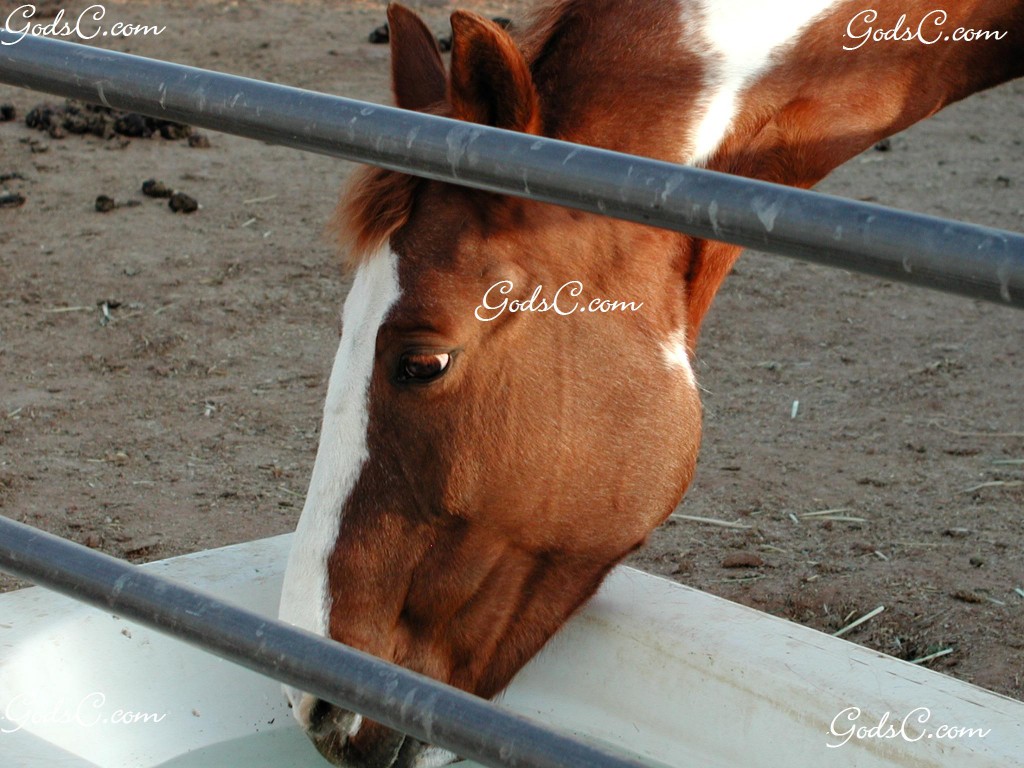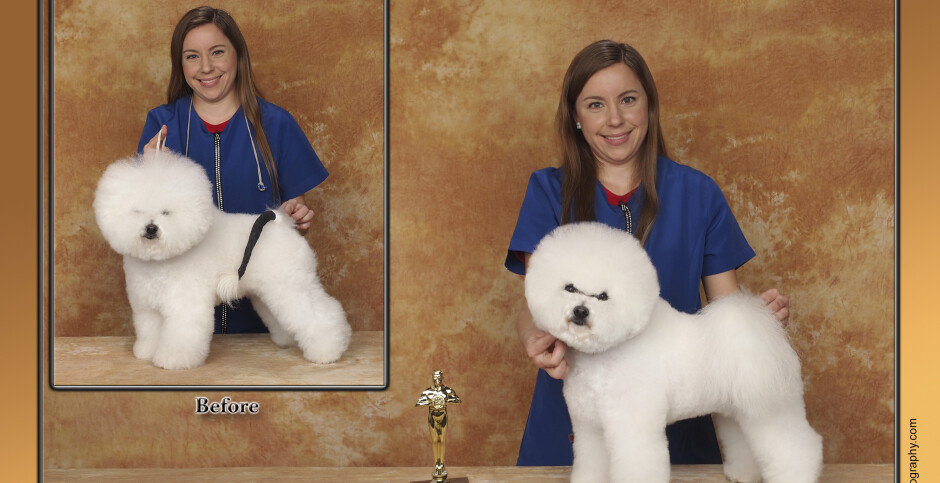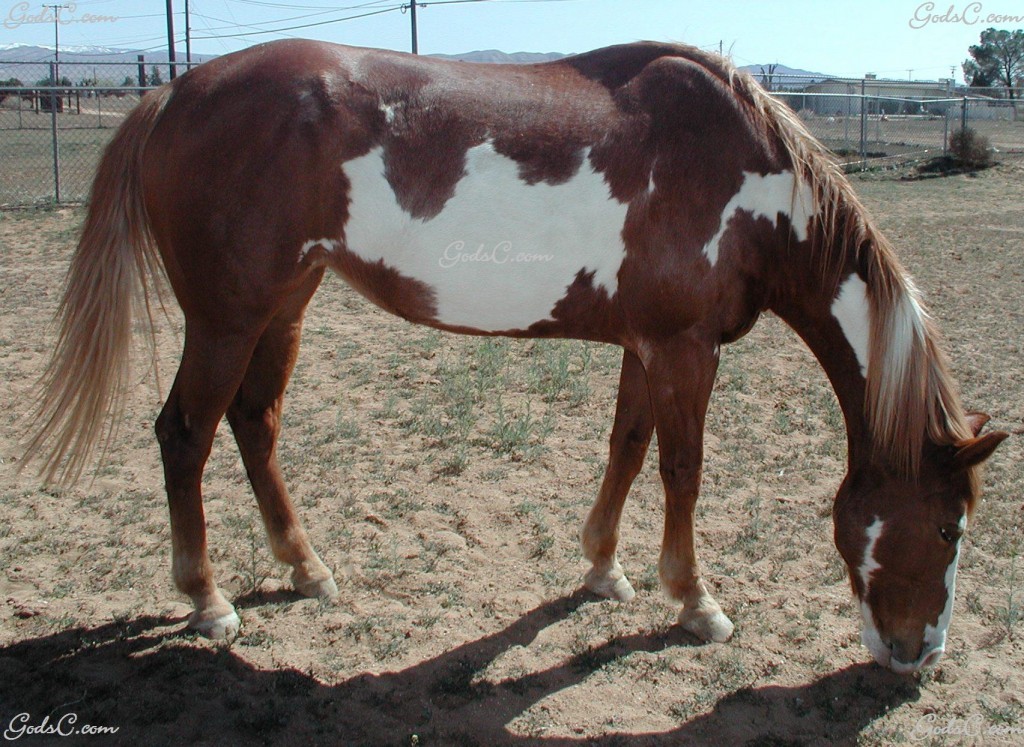Sand & Horses
Updated on 2/12/14, Originally posted on 11/12/11

Bible Verse: Psalm 20:7 “Some trust in chariots, and some in horses; But we will remember the name of the LORD our God.”
In the Bible, horses were commonly used as a war animal; they were a powerful weapon. Just take this into consideration, imagine yourself in an army back then, on foot with only a sward in your hand, going against a huge army of horses and chariots. You would feel rather intimidated or even helpless. But if your hope was in the Lord, your trust would be in him also. No matter what happened to you, you knew that you were in the Lords hands and if you were to die you would be with God. You see it doesn’t matter how difficult of a problem you’re in, or if things seem strongly against you, even if it seems like an army of horses and chariots are coming against you. Trust in the Lord because he is bigger and stronger than all your problems. Don’t put your trust in the things of this world but rather put your trust in the one and only God, Jesus Christ.
Sand & Horses:
Psyllium is important, especially for horses that live here in the High Desert of California because we have a lot of sand. Psyllium is used in horses to help rid their stomach of sand. Because horses eat off of the ground they sometimes eat a little dirt, this is especially so here in the desert (we don’t have pastures for our horses to graze on, just a bit of weeds and a LOT of dirt!). Making sure your horse has some kind of hay to grave on during the entire day will help reduce how much sand they consume. If your not feeding your horse enough they are going to eat every tiny bit of hay off the ground and when they eat those tiny parts of hay they can’t help but eat some dirt with it. Sometimes, a horse will deliberately eat sand too, because he or she is lacking vitamins in its diet. Iodine salt blocks are a great thing to offer your horse so they will get the vitamins they are lacking.
Psyllium comes in different forms like powder and pellets. The psyllium that we use is a powder and we mix it with mineral oil. We also sometimes mix the psyllium with probiotics as this aids to help bind the sand with the psyllium so the horse can pass the sand out easily. Always follow the directions on the Psyllium container or a veterinarian’s direction on how much to feed and how often to feed. If a horse is consuming a lot of sand, and nothing is done to remove it, the sand will become stuck in the horse’s stomach/organs and the horse may colic and die. Also shredded beet pulp can also help a horse pass sand. If you use beet pulp to rid your horses stomach of sand be sure to soak the beet pulp with water. Beet pulp absorbs fluid and expands. You don’t want this to happen in your horse’s stomach so soak beet pulp first! Talk to your vet to learn more about Psyllium or how much beet pulp you should feed your horse to get rid of any sand. Also if you suspect that your horse has a lot of sand inside, have your horse checked by a vet. If your horse does have a large amount of sand, more Psyllium/beet pulp will be necessary to feed so ask your vet what the proper amount to feed would be.

